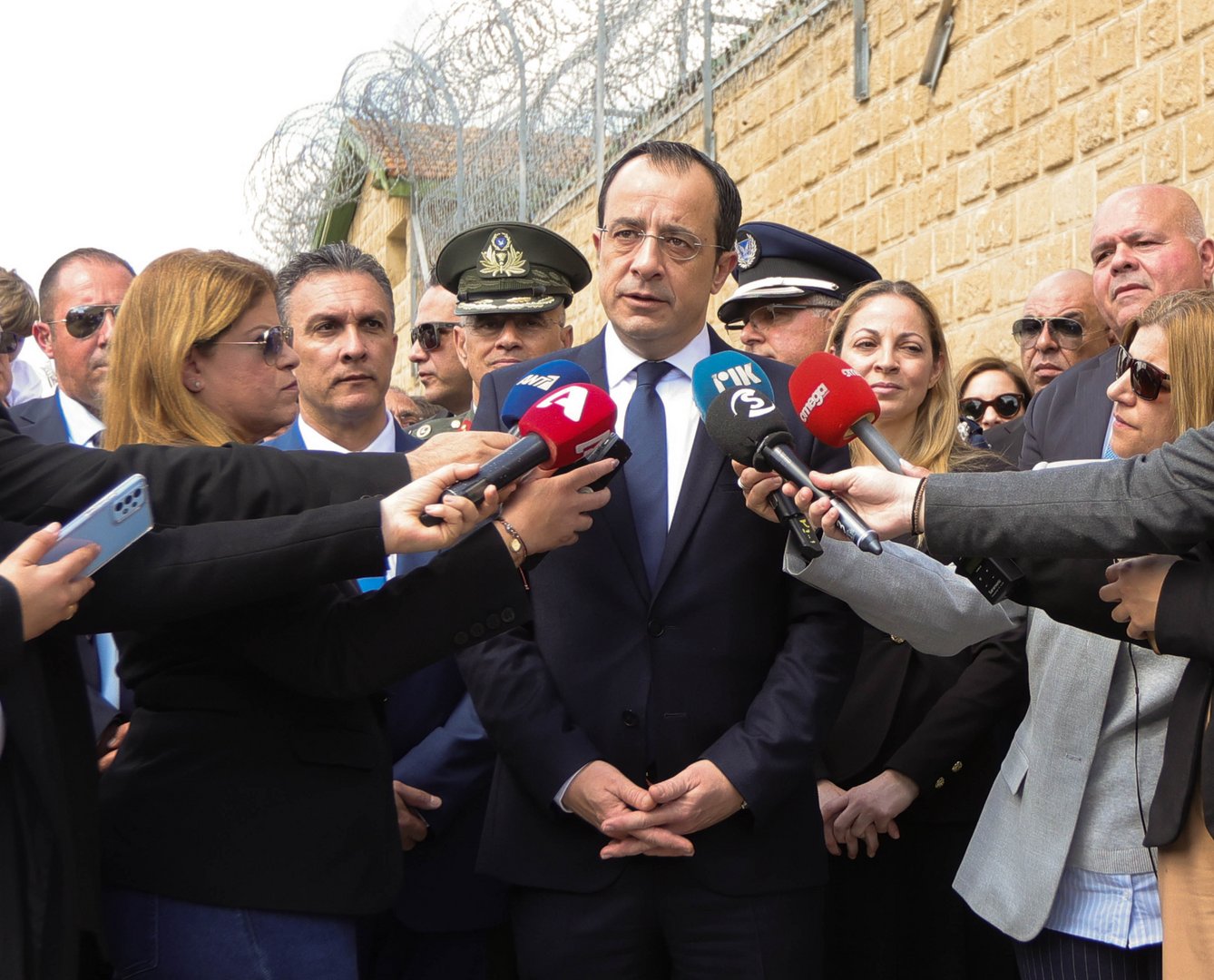The further extension of electricity subsidies will continue if the cabinet decides to continue with the support, President Nikos Christodoulides said on Saturday, following reports that when the subsidy expires at the end of April the cost of power and fuel will drastically increase for consumers and businesses.
Speaking after a visit to the imprisoned graves to commemorate the April 1 Eoka struggle, Christodoulides said the issue was under discussion at the cabinet, which was looking into having a supplementary budget submitted to parliament in order to continue the measure.
However, earlier a report in Haravgi suggested that the government was not keen on continuing to subsidise electricity and fuel.
Citing information from the finance ministry, the newspaper reported that the government planned to end the subsidy, which would hit consumers hard.
According to the report, the supplementary budget submitted by the cabinet includes subsidies only until the end of the month.
The supplementary budget of €75 million concerns two types of expenses: first for the measure that is in force and concerns the electricity subsidy and second for the expenses related to the accommodation of Ukrainian refugees, unaccompanied minors and applicants for international protection.
However, the electricity subsidy mentioned in the budget will only be until the end of April, a note submitted with the supplementary budget suggests, making no mention about the rest of the year.
If the subsidy is discontinued, mostly vulnerable households will be affected, around 42,000, since the measure was covering 100 per cent of the increase in electricity costs.
According to Haravgi, the issue of the subsidies was discussed at the last house finance committee session, with Finance Minister Makis Keravnos saying that the measures would be re-examined.
However, after a visit of IMF technocrats a few days ago, the newspaper said it seems the issue of continuing the subsidies was dropped by the government as per the international organisation’s request.
The IMF team said that Cyprus’ real GDP growth was expected to slow in 2023 to 2.5 per cent, and gradually accelerate from 2024, showing average growth of 3 per cent, in the medium term, due to public investment and structural reforms under the Recovery and Resilience Plan, large private investment projects, and further expansion of the information technology sector.
The team of technocrats noted that if necessary, any extension of energy support measures for people should be temporary, targeted, and not involve a change to current charges.
According to the IMF team, investments under the recovery plan in energy connectivity, renewables and digitalisation can unlock a higher growth rate, noting that the positive preliminary assessment of the achievement of the first set of milestones opened in December 2022 the way for the payment of grants amounting to €85 million.
With reference to structural policies to strengthen competitiveness and living standards, the IMF team is opposed to the upward revision of the cost-of-living-allowance (CoLA), stating that this will weaken the resilience and competitiveness of the Cypriot economy.







Click here to change your cookie preferences